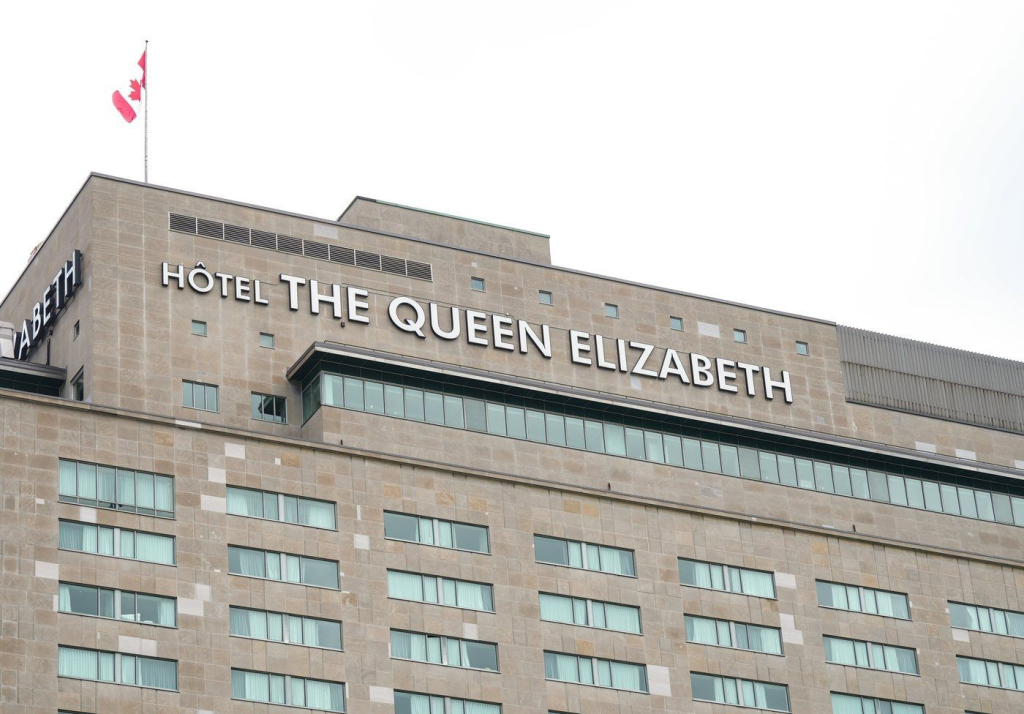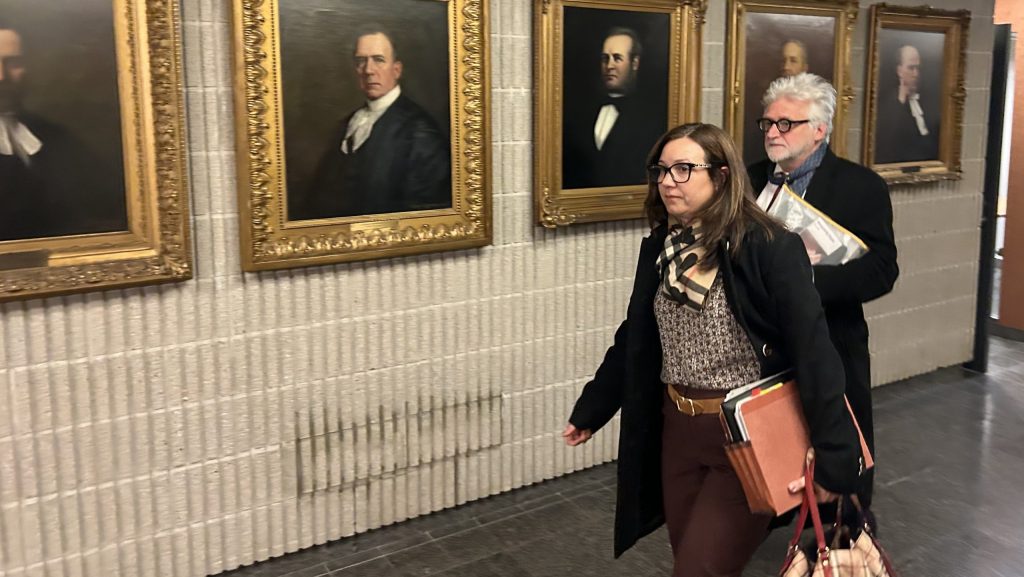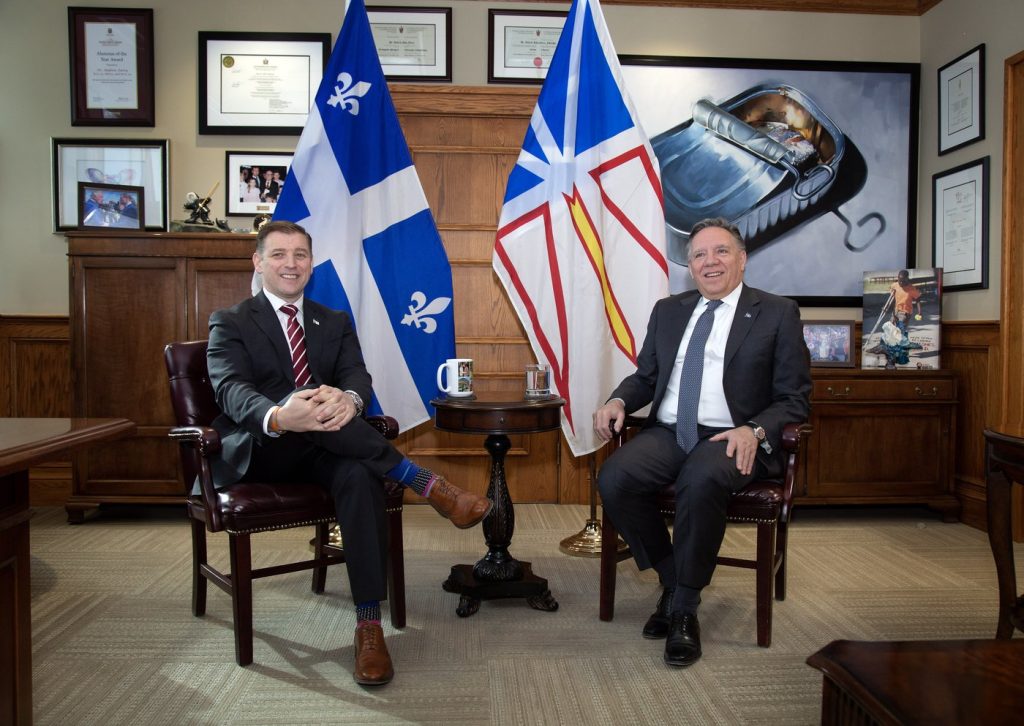Organizations unite against racial profiling during Montreal police stops

Posted December 11, 2024 1:49 pm.
Last Updated December 11, 2024 2:44 pm.
Several organizations including the Ligue des droits et libertés and the Black Coalition of Quebec are calling for a ban on random police stops in Montreal.
According to the groups, police checks have been proven to be a systemic racial and social profiling problem.
The Quebec Court of Appeal upheld a 2022 lower court ruling last October – that found the Highway Safety Code that provides for police checks violates Charter rights.
Last week, the Quebec government also said it’s taking that decision to the Supreme Court of Canada.
“We also want to put forward that more than 100 organizations in Montreal and Quebec are demanding a ban on street checks, and we also have the support of other human rights organizations across the country,” said Ligue des droits et libertés spokesperson Lynda Khelil. “We are not surprised by the fact that police services are reluctant to change.”
Minority groups including Black and Indigenous groups, as well as people experiencing homelessness – are disproportionately stopped by the police – suffering daily violations of their rights and freedoms.
Random police checks usually happen in a public space, where an officer will attempt to obtain a person’s identity and gather their information – even though that person has no legal obligation to identify themselves or answer questions.
The information can then be implemented by an officer into the police database and later be used for intelligence purposes.
Montreal police (SPVM) and the City of Montreal previously rejected a public safety commission report recommendation for a moratorium on random police checks.
“We also denounce the silence from the City of Montreal because they are letting rights and freedom of citizens be violated every day,” said Khelil. “When you target the route of racial and social profiling and police powers, it is not symbolic. It is the only action that will have results for citizens. And for more than 30 years, the only measure that police have presented is more training, trying to recruit more people from diversity. But what the study showed is that those two measures don’t change the problem or help resolve it.”
The Public Safety Commission plans to hold a meeting on Wednesday to discuss the second report on police stops that was published in June 2023.
More than 100 organizations have signed a declaration in favour of the ban following a campaign that was launched in February 2023.
The organizations say they also believe that the policy stops, even if improved, is not a solution.
“The disproportionate rates of street check towards Black people, Indigenous people, Arab people, and other racialized communities are still going on. It’s not very surprising that for police officers, the issues of racial profiling don’t exist. So, when we hear (SPVM) Police Chief Fady Dagher saying, ‘I want to do more training,’ what will it solve to train police officers about a phenomenon that they don’t recognize exists?” said Khelil.








